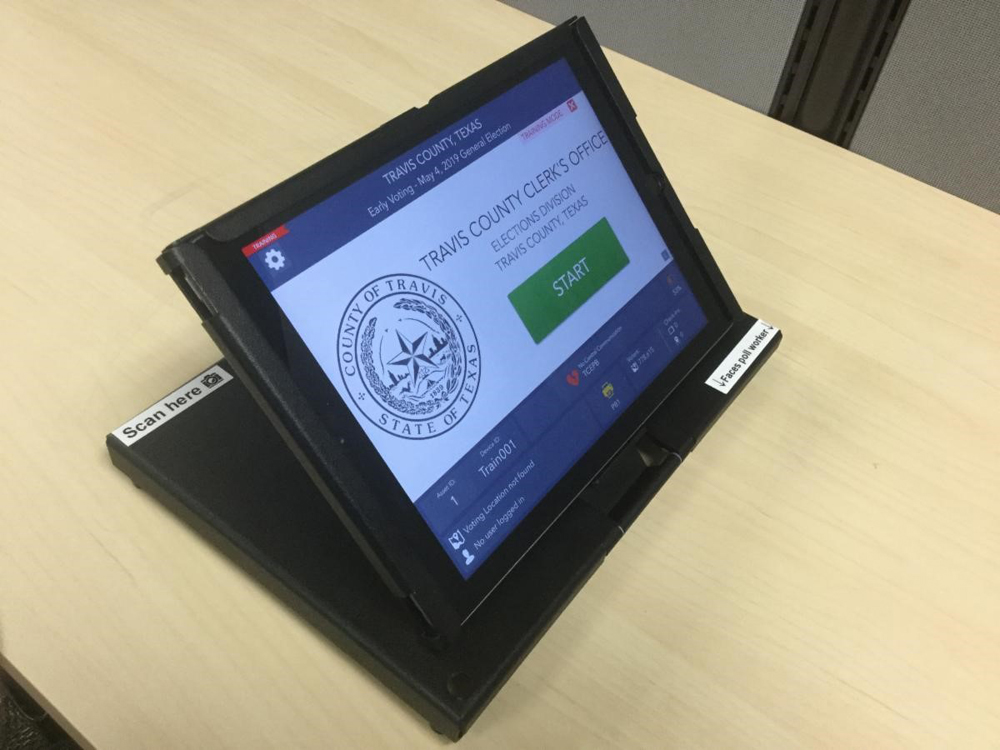
Texas Joins Consortium Of States To Test Non-Voting Election Technology
Texas election officials are partnering with other state leaders and federal agencies to pilot a new technology verification program focused on non-voting election technology such as electronic poll books, election night reporting websites, and electronic ballot delivery systems.
The proposed program, which is titled “Rapid Architecture-Based Election Technology Verification,” or RABET-V, uses a risk-based approach to allow rapid verification of manufacturers’ security claims.
The U.S. Election Assistance Commission (EAC) led a consortium of states that includes Texas, Maryland, Ohio, Wisconsin, Pennsylvania, and Indiana, as well as the Federal Voting Assistance Program, to partner with the Center for Internet Security (CIS) on the project.
Goals of the pilot program include incentivizing high-quality, modern design of information technology systems updated in smaller, more manageable cycles at reduced cost of verification and re-verification with more reliable and consistent outcomes for purchasers of these systems.
RABET-V is supported by technical expertise from Carnegie Mellon University, the National Institute of Standards and Technology (NIST), and the Open Web Application Security Project (OWASP).
A preliminary report is anticipated for release in fall 2020.
This story originally published by Strategic Partnerships.






